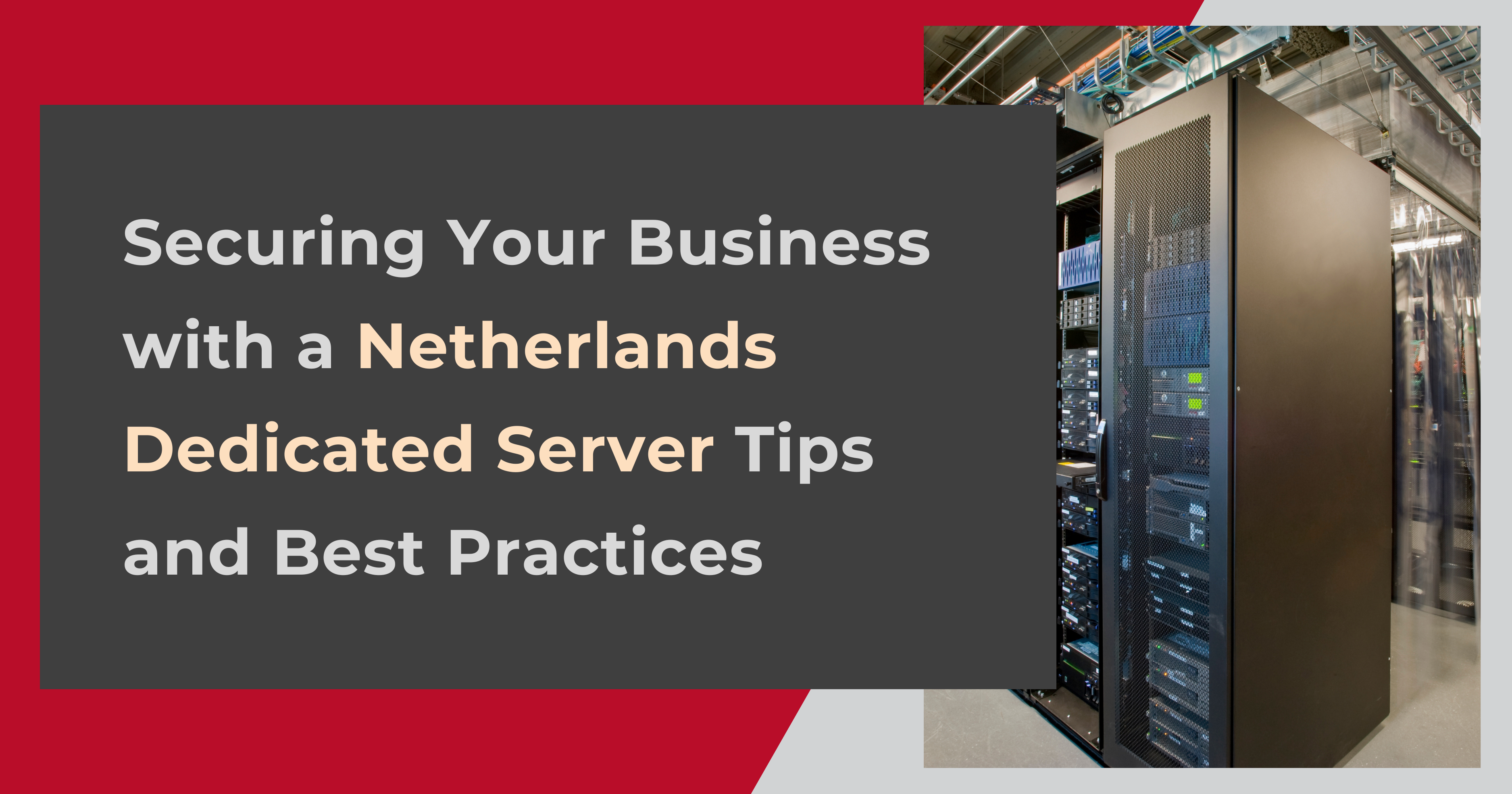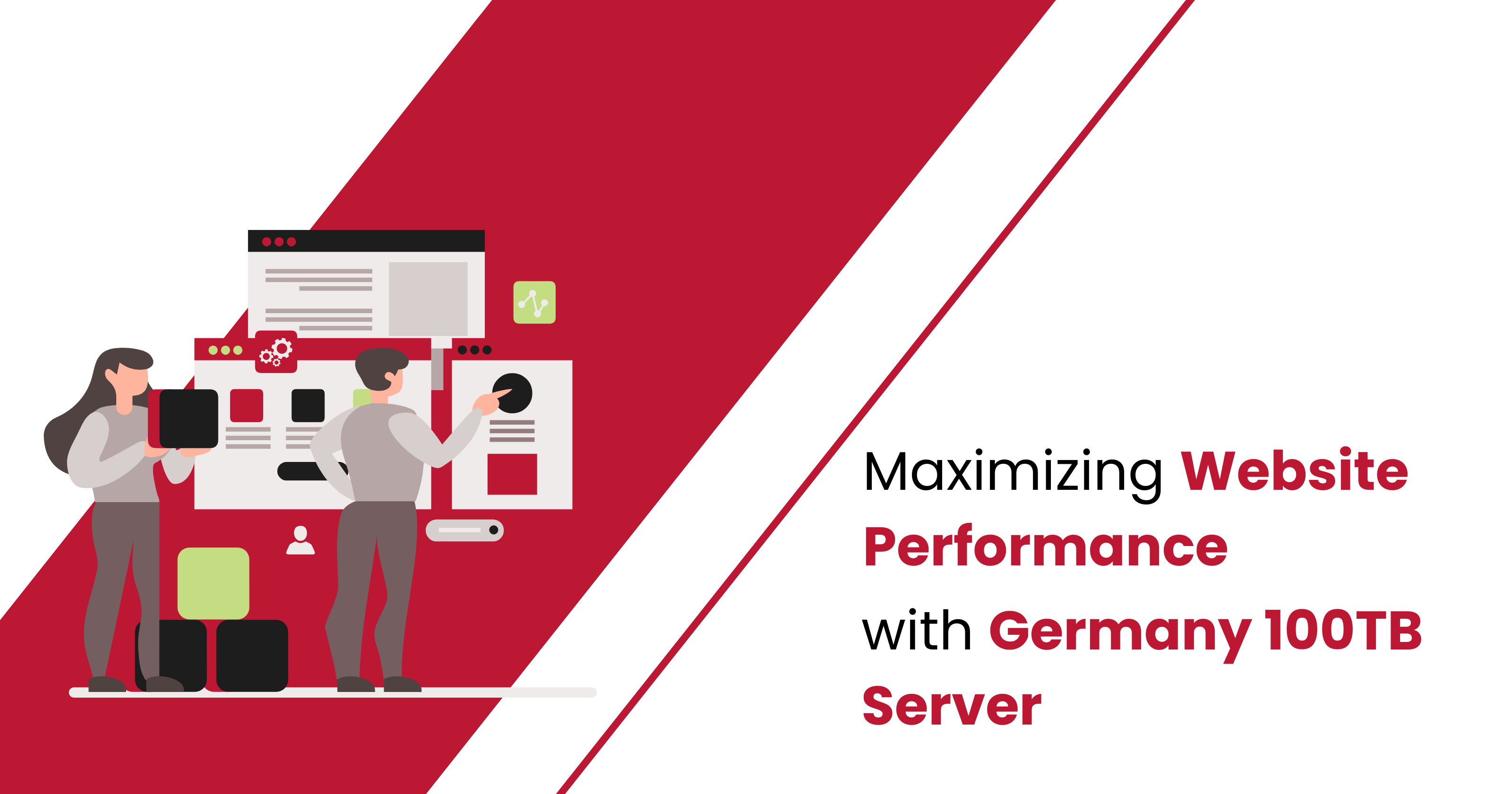Netherlands Dedicated Servers provides unparalleled power at an affordable price, making them the best hosting environment available. While Netherlands Dedicated Servers offers more resources for your website due to having an entire server, security should still be a top consideration.
Hosting your website or web applications on a Netherlands dedicated server requires special
attention to security. Security breaches, data loss, and service outages are all possible results of a
vulnerable dedicated server. Malicious actors might shut down your website, brand, or business
without proper safeguards.
Data encryption updates and stricter password policies are two examples of security measures
that can be taken. Most Netherlands dedicated server hosting administrators must meticulously
design and implement various security procedures to protect their servers from intrusion and
attack.
What are the specialties of a Netherlands Dedicated server?
Using a Netherlands Dedicated Server IP, or permanently assigned and unshared network
address, is one way for a company to beef up its security. It provides entry to non-public intranet
resources in an organization. A business might request a private, cloaked DNS server within the
network to further protect its data.
Additional network security capabilities made possible by connecting to a private server
architecture is essential to maintaining corporate operations in the face of an increasing number
of cyber-attacks.
When it comes to safeguarding the safety of business operations for all employees and teams,
private gateways provide for flexible management of access to internal resources. An
organization’s security policies and infrastructure require dependability and consistency from its
backbone. On the other hand, cPanel’s server security is closer to the “Simple” end of the range.
Ways to improve Netherlands dedicated server security:
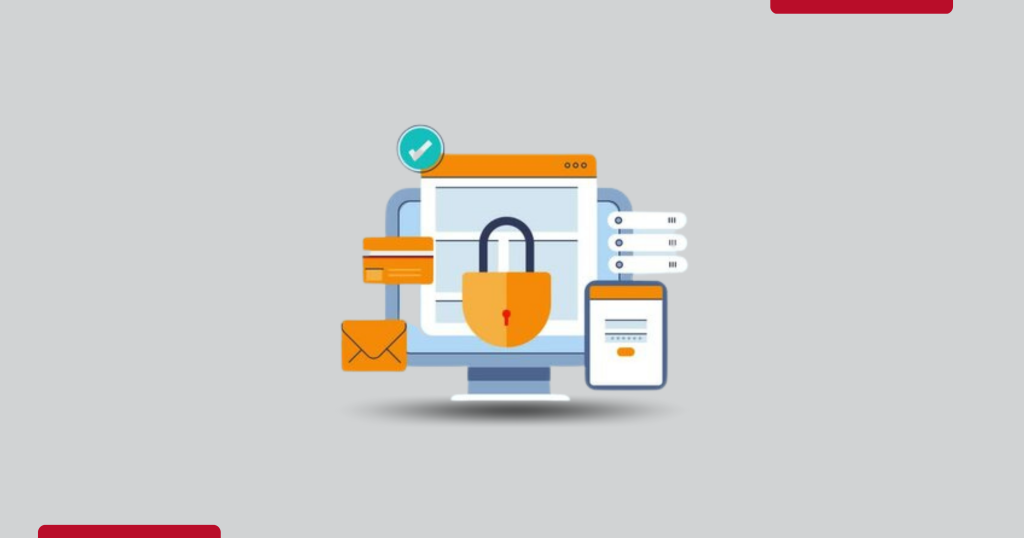
Here are some simple but effective strategies for strengthening the security of your Netherlands
dedicated server hosting:
Think about your weak points:
The first step in creating an effective security plan is pinpointing the problematic places and
those that require the highest level of protection. Due to the fact that no two businesses are the
same, it’s not always the best option to adopt a blanket solution. Check out the alternatives to
your security setup to see where to beef it up. In the next step, you need to compare the
appropriate services until you locate the one that works best for you.
Track dangers proactively:
To prevent the loss of critical network uptime or essential data, install an intrusion detection
system on your server to scan for weaknesses and lock them down. To safeguard your website
from surprise attacks, using Liquid Web as your web hosting service grants you access to multi-
tiered DDoS protection with real-time monitoring.
Perimeter protection:
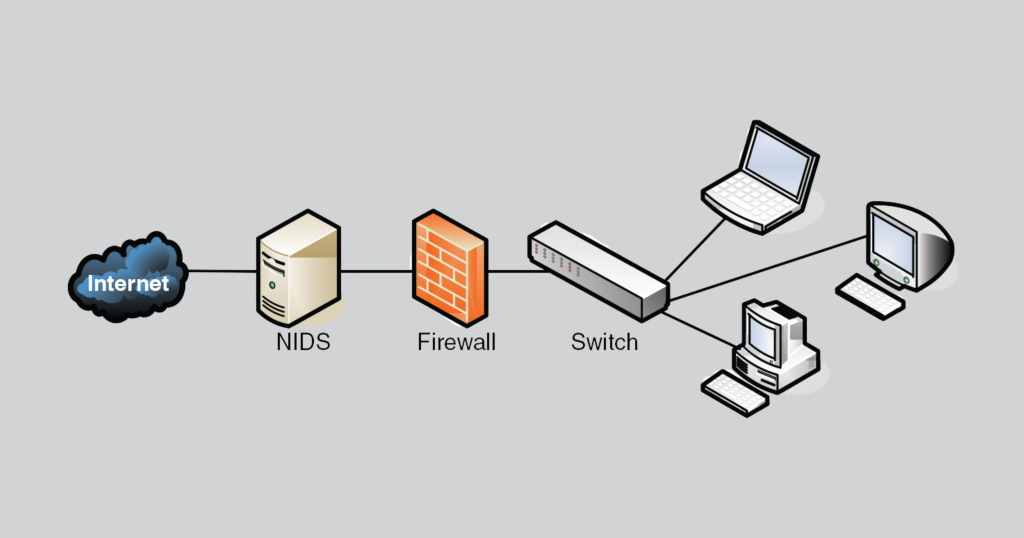
With a Netherlands Dedicated Server, you have your hardware and don’t have to worry about
sharing it with anyone else. This means that you can secure your server by inserting additional
security devices between your endpoint and the server. Hardware firewalls and Intrusion
Detection/Prevention Systems (IDS/IPS) are two security measures normally forbidden in a
virtual private server (VPS) or genuine shared hosting environment.
Using a Netherlands Dedicated Server hosting means you may install these security measures
without worrying about how they will affect other people. As a result, your server and the data it
serves to customers will be safer due to increased examination of traffic.
Always be current:
Eventually, you will need to upgrade most of the services and programs you install on your
dedicated server. Updates are often overlooked or forgotten, but it’s a good idea to set aside time
at regular intervals to look for updates. You can then decide if their installation is necessary.
To prevent falling too far behind or relying on out-of-date services, installing every update
released for every service is unnecessary. An increasing number of vulnerabilities are found in
older service versions.
Keep your server safe from malicious software:
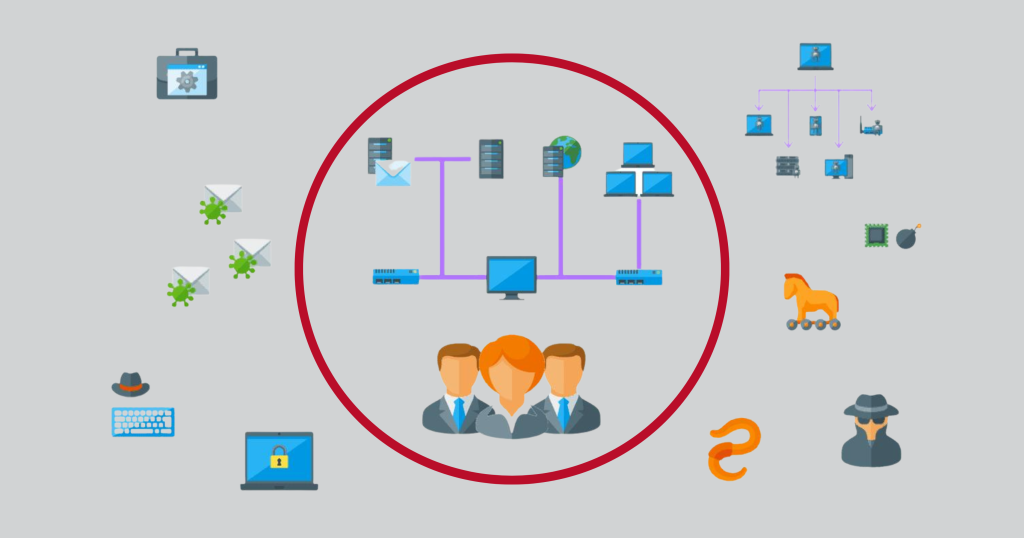
Malware is computer code designed to steal information. It is often covertly distributed alongside
seemingly trustworthy software or code. Once it has infiltrated your server, it will begin data
mining. Selecting a host that performs regular vulnerability scans and real-time server
monitoring is the best method to keep your hosted applications safe from malicious attacks.
Keeping your passwords safe:
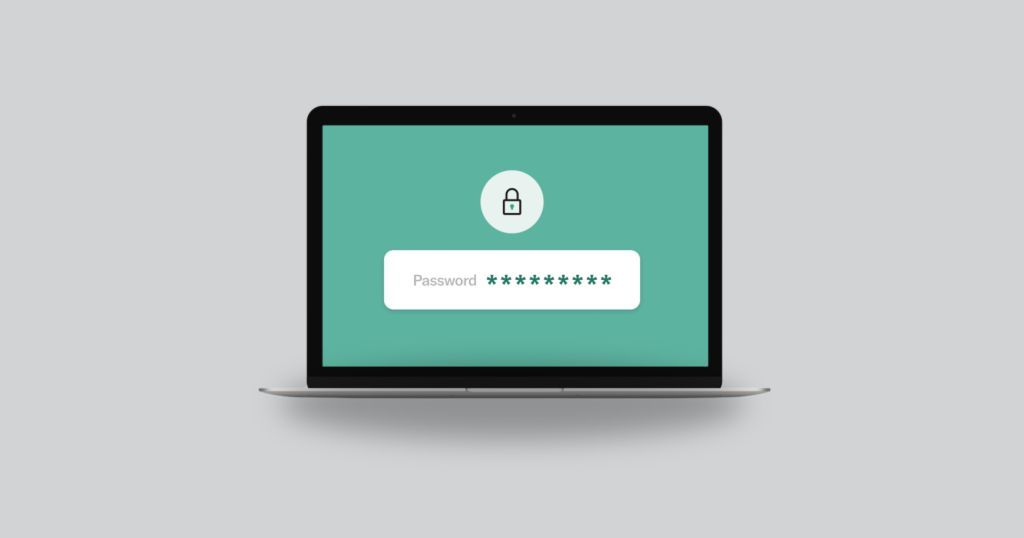
Hackers often only need a short, simple password to access a dedicated server. You may prevent
them from breaking in the first place by using passwords that combine letters, numbers, and
special characters. Your email, FTP, and control panel passwords should be unique. Also, it is
advised that you switch them out regularly.
Make sure you regularly update your software:
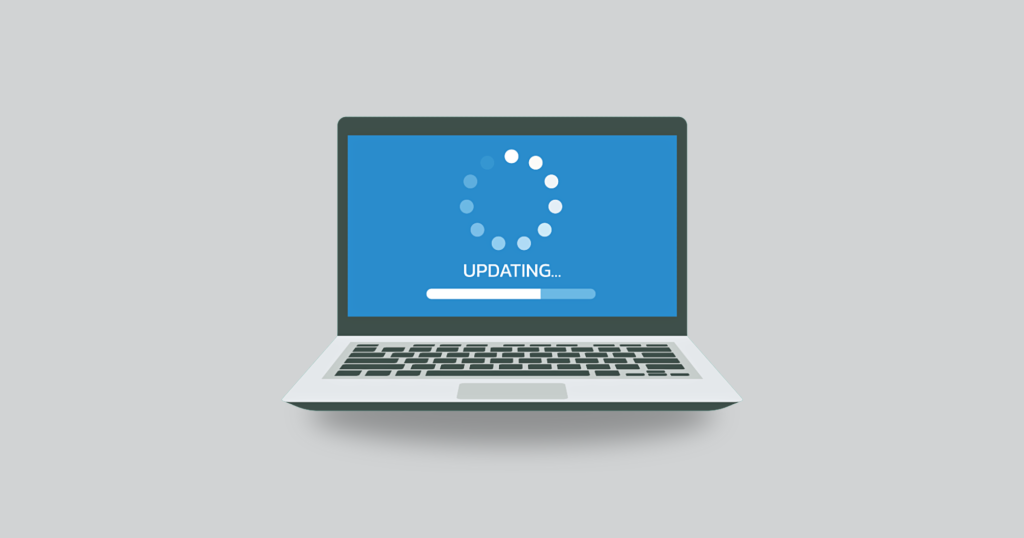
It may seem obvious to take this precaution, yet many people disregard it, leaving their servers
open to cyber attacks. When a new version of a piece of software is released, hackers and
cybercriminals are already aware of it, and they check hundreds of websites every day, looking
for security flaws.
When it comes to website vulnerabilities, outdated software is a common target. A server hosting
Netherlands security can only improve if regular upgrades are installed and tracked. Also, install
any newly available security patches whenever you update your program.
You should never put off or postpone a revision. Put another way, you’re giving hackers an open
invitation to take over your server. Choosing a managed Netherlands dedicated server from
your hosting provider is an excellent idea if you need more time or energy to keep up with all of
this.
Continual data backups:
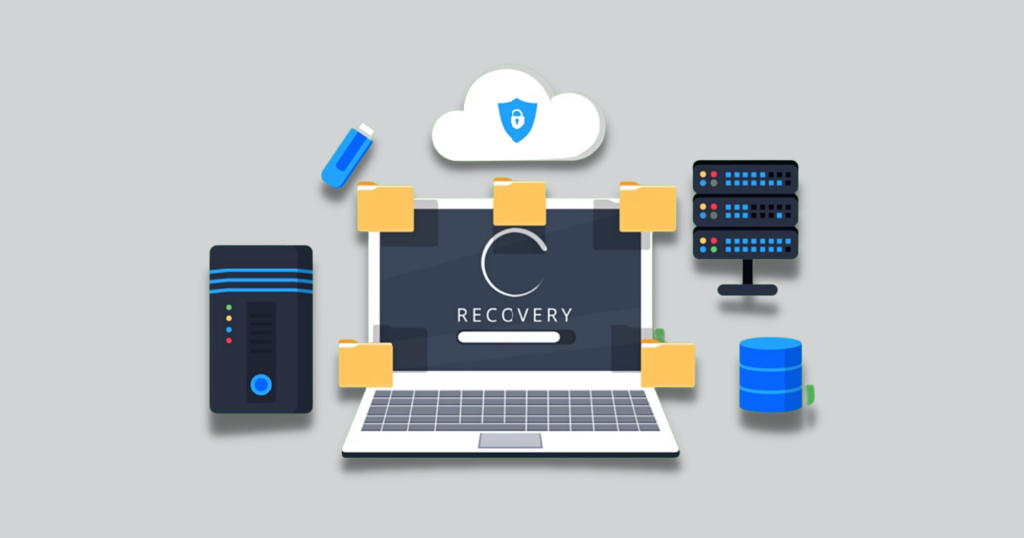
Many dedicated servers customers create full backups of their servers, including the operating
system. There is value in having backups of that nature. But if the operating system is
compromised, it’s as if the backup has been compromised as well. Therefore, it might be best to
reinstall the operating system and all of the associated services.
Data tells a different tale, though. Make regular backups if possible. Also, you shouldn’t store
your backups on the same server as your primary data. Always keep a copy of your data in a
safe, offsite location or the cloud.
SSL Certificates are a great way to boost safety:
The domain, server, and hostname are all tied together by the SSL certificate. A secure sockets
layer (SSL) certificate is a small encrypted data file that links an encrypted key to a specific
business. When SSL is installed on a web server, the firewall and the HTTPS protocol are
activated, making it safer for a browser to connect to the server.
Adding an SSL certificate to the firewall setup is an excellent step toward better online security
for small enterprises. SSL is commonly used to protect sensitive information during online
purchases, data transfers, and logins. Small businesses can significantly benefit from
implementing SSL to protect customer data and online transactions.
Use DDoS protection:
A distributed denial of service attack brings down websites or even entire servers. A sudden
burst of traffic is sent to your server, making it eventually buckle and crash. Often, they intend to
bring financial loss to the targeted business. DDoS attacks make your website or web apps
inaccessible to users, so preventing them is crucial.
The only way to protect you from these attacks is to opt for a DDoS-protected dedicated server.
These servers have an integrated DDoS shield that monitors incoming traffic. When malicious
traffic is detected, the connection requests are diverted from your server. At the same time,
legitimate traffic is allowed to pass, so your users won’t experience any interruptions.
Create a strict password policy:
A weak password makes your dedicated server vulnerable to brute-force attacks. You should
create a strong password using random numbers and symbols and lowercase and uppercase
letters. Don’t use easy-to-guess or personal words as your password. The same thing applies to
all the other user accounts you register. Everyone should use a strong and unique password.
Furthermore, all passwords should be regularly changed every set number of days. This makes it
nearly impossible for hackers to guess your password or force their way in. On top of this
measure, consider adding two-factor authentication to your accounts. This way, your dedicated
server will be secured from unauthorized access.
Keep databases up-to-date and safe:
Databases storing potentially sensitive financial consumer information are another entry point
thieves abuse. Because of this, protecting your databases ought to be a key responsibility.
Databases that follow best practices are protected from SQL injection attacks, database
privileges are kept to a minimum, extraneous data is removed, and access to the database is
limited in places where it is not essential. You can lessen this impact by using one of the many
online database administration tools.
Get rid of old programs:

Unused programs pose a security risk. It’s simple to neglect, and you need to check it to get
security updates. This is especially the case with services and applications you use once and then
forget about. If you have a Netherlands Dedicated Server hosting, hackers can access it by
exploiting unused software and stealing sensitive data. The problem can be fixed by uninstalling
unnecessary programs.
Investigate options for fully-managed hosting:
It can be daunting to think about manually safeguarding your Netherlands dedicated server. If
this describes your group, look for a managed, reliable server hosting service with security
professionals. If your IT department is more minor, this may be a good choice for you.

